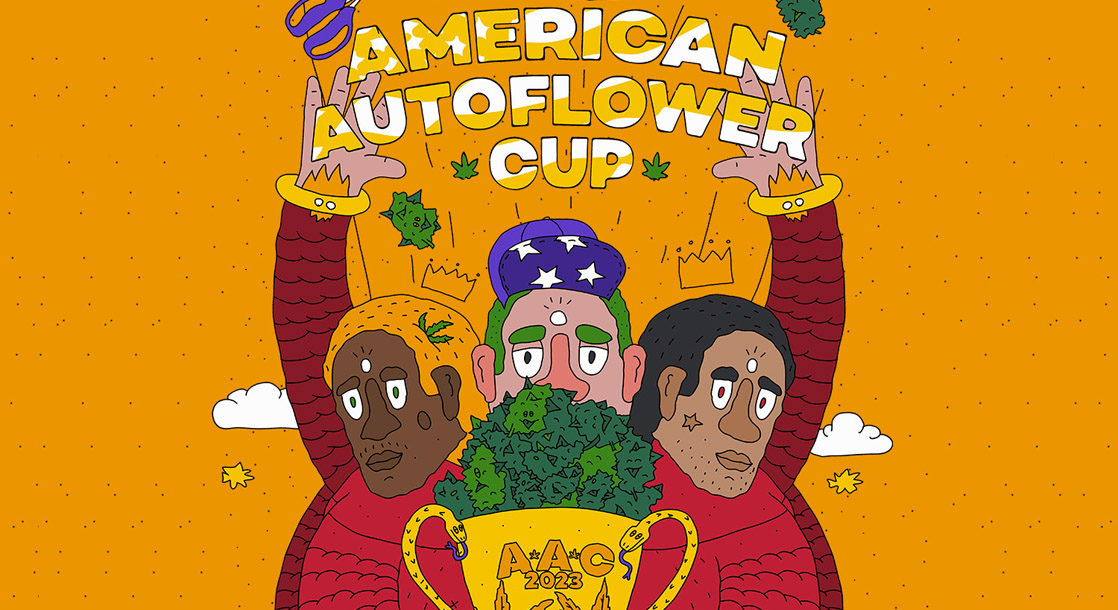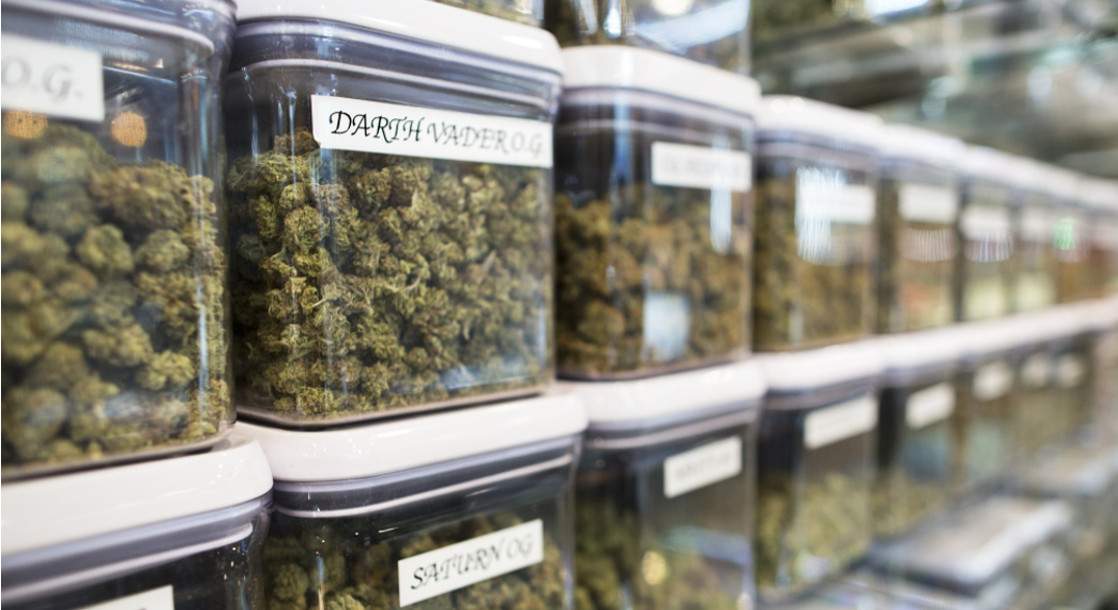Photo via iStock/ Wavebreakmedia
Support for cannabis has been gradually building up steam over the 21st century, and recent polls now report that 64% of Americans support legal weed. Even among the country's senior citizens — a demographic that used to strongly oppose pot — admitted use of the drug has skyrocketed. New research studies have found that while adult use of cannabis has been increasing at a modest rate since the 1980s, the prevalence of pot use among seniors has grown substantially. One of the main factors supporting this increase may be the wider availability of medical marijuana, which has proven to be an effective replacement for addictive opioid medications.
In a study recently published in the medical journal Addiction, investigators from the Alcohol Research Group examined data from seven National Alcohol Surveys conducted between 1984 to 2015, which questioned subjects about their marijuana and alcohol use. The study found that self-reported cannabis use rose from 6.7% in 2005 to 12.9% in 2015, but also noted that this increase was not specifically associated with states that had legalized pot.
When breaking down the results of the study by age groups, the research team made the surprising discovery that subjects over age 50 were 20 times more likely to admit using pot in 2015 than their counterparts in 1984. “We found that rates of use among older groups increased quite significantly since the 1980s, especially for men in their fifties and sixties,” lead investigator William C. Kerr said in a statement. “People born before 1945 had very low lifetime rates of marijuana use. With baby-boomers aging and participating in the general increasing trend, rates of use have risen steeply.”
Data from the federal Centers for Disease Control and Prevention confirms this report, finding that cannabis use among those 65 and older has increased by a whopping 300% between 2002 and 2014. In Colorado, demographic data shows that the number of seniors applying for medical marijuana cards has been rising sharply since 2014. In fact, increased availability of medical cannabis may be a reason behind seniors' new love of pot.
Another recent study by the American Geriatrics Society reports that two-thirds of seniors who have begun using medical cannabis have been able to reduce their use of prescription painkillers. Researchers surveyed over 100 older medical cannabis patients and asked whether they were able to reduce their use of opioids. Twenty-seven percent said they were able to “completely” stop taking opioids, 20 percent were able to “extremely” curtail their use of opioids, and 18% were able to “moderately” reduce their painkiller use.
The patients also reported that their daily activities were less impacted by the side effects of medications after beginning medical cannabis treatments and decreasing their opioid intake. "My quality of life has increased considerably since starting medical marijuana," one patient said, according to EurekAlert!. "I was on opiates for 15 years, and 6 months on marijuana, and off both completely." A growing number of studies now confirm the effectiveness of medical cannabis as a substitute for addictive opioids throughout every age group.











